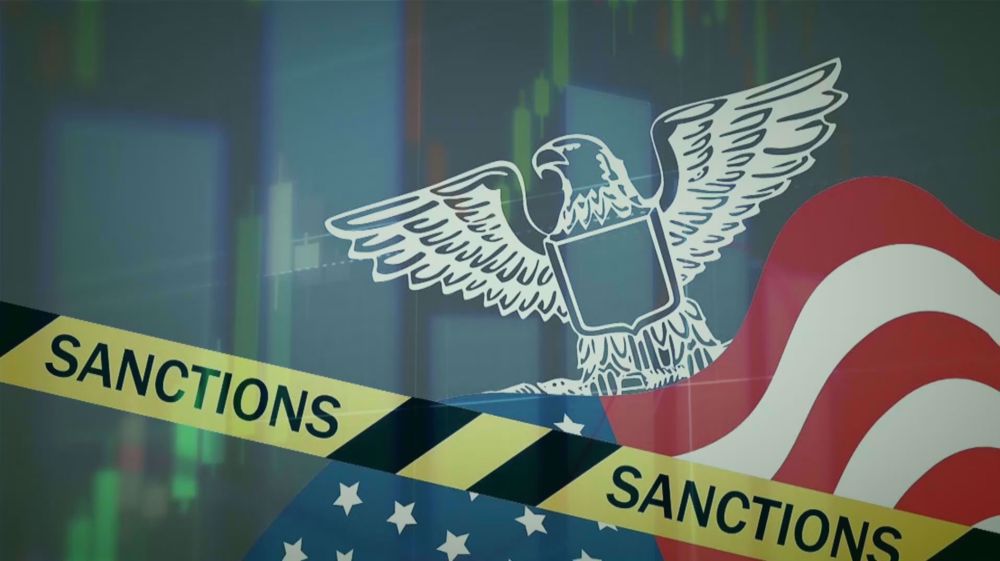Growing corporate, union spending in US election campaigns
Technically speaking, lobbying is a paid activity in which special interests hire well-connected professional advocates, often lawyers, to argue for specific legislation in decision-making bodies such as the US Congress.
Corporations and industry groups, labor unions, single-issue organizations spend billions of dollars each year to gain access to decision-makers in government.
Criticisms have particularly grown recently over indications that lobbying is already becoming an underground business given that lobbyists are found to use increasingly sophisticated strategies to obscure their activity.
Today, lobbying has specifically become popular to corporations that are suspected of reaping huge benefits as a result of this activity.
In 2014, the Democratic Senator from Nevada and the current Senate Minority Leader, Harry Reid, said at the Senate floor that the Koch brothers were trying to “buy the country.”
On this edition of the Economic Divide, we discuss the lobbying system in the United States, its current powerful players and the criticisms as well as the controversies surrounding it.
KQ/HSN
Hamas condemns Israeli evacuation order of Indonesian Hospital
VIDEO | Yemen resistance remains resolute
'Easy target': Yemen warns 4th US carrier within reach
Iran military awarded $40 mln worth of vessel building contracts
‘These kids need to be killed’: Shocking details of Israeli brutalities in Gaza
Yemen faces ‘highest burden’ of cholera globally: WHO
Settlement expansion proves Israel cannot be trusted for any peace deal: Hamas
VIDEO | Press TV's news headlines









 This makes it easy to access the Press TV website
This makes it easy to access the Press TV website